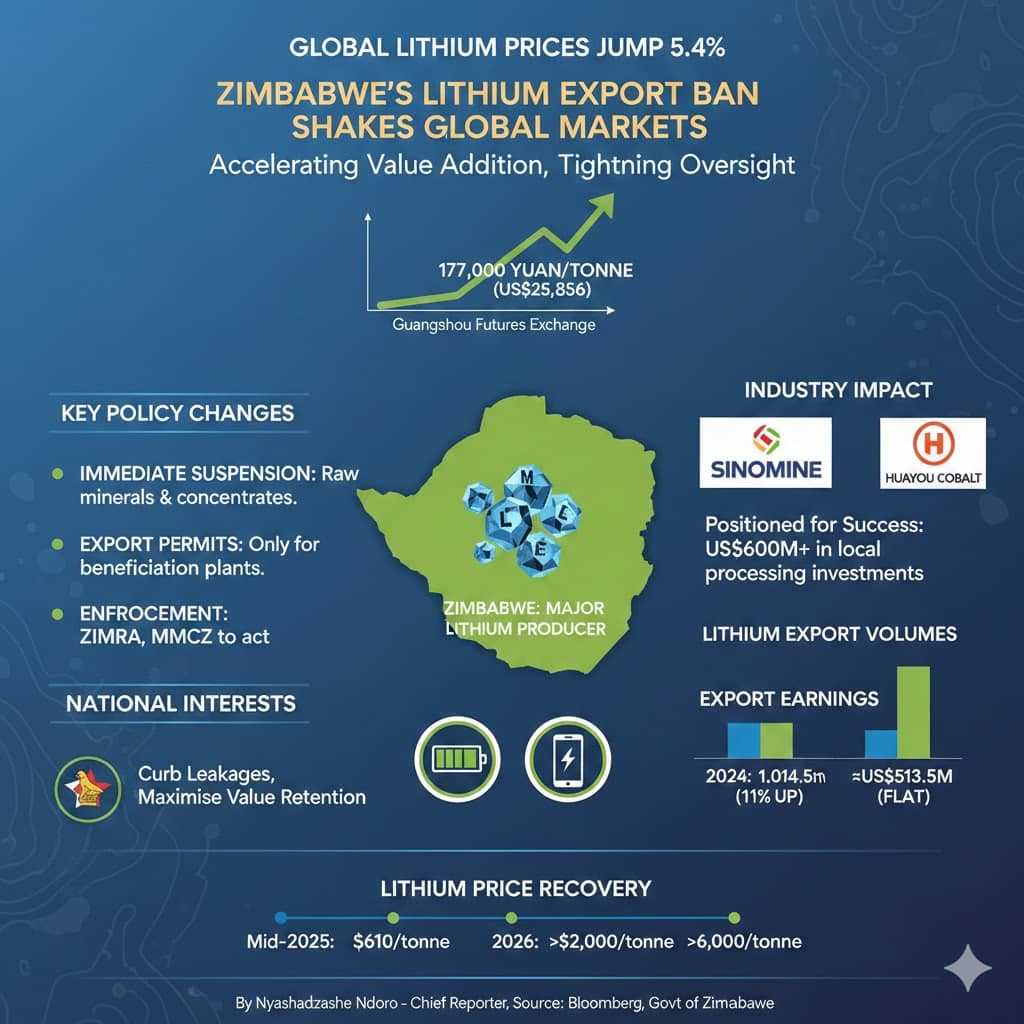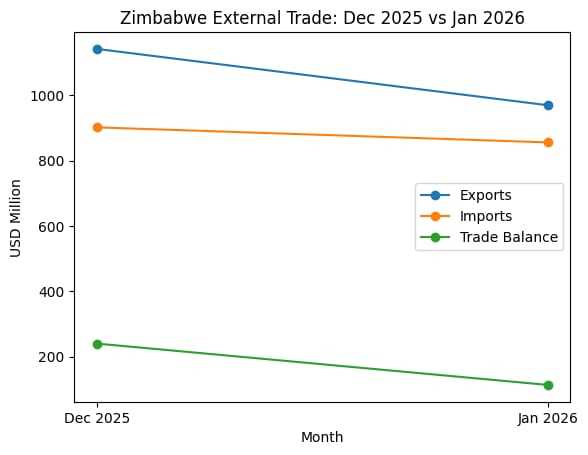
Zim Now Writer
The country’s exports into the region cost 15% to 30% more than those of its competitors, resulting in a competitiveness gap, ZimTrade has said.
Speaking during a panel discussion on the second day of the Regional Conference on Factoring and Receivables Finance and Credit Insurance in Southern Africa, ZimTrade export development manager Tatenda Marume said exports into the region were not competitive.
“We have a competitiveness gap. For instance, if you look at some of our exports into the region, we are 15% to 30% more expensive than our competitors. So, even in terms of the structuring, we also have to consider that we are not adding to the competitiveness gap.
“I don’t know what trade-offs can be put in there, but if it becomes more expensive, we will not be able to trade and then the opportunities in factoring will also be affected. So, I think those are some of the issues that need to be considered when we are looking at factoring,” he said.
Marume said factoring will deal with challenges related to financing for exporters.
Related Stories
Factoring is a type of finance in which a business sells its accounts receivable (invoices) to a third party to meet its short-term liquidity needs.
The third party would provide liquidity to the firm as the company would pay them back using the money they would later receive through the account receivables.
“If you ask our exporters, most of the time when we engage them, seven out of 10 times they will tell you that access to finance is one of the challenges that is affecting them,” he said.
“So, for them to be waiting, you know, to be paid, after 90 days, according to the regulator, that should happen within 90 days,” he further said.
He also complained about policy gaps between the corporates and small and medium enterprises.
“We have a high rate of SME mortality in terms of international trade. So, in terms of the policy that is going to be developed, we encourage that there should be a central recognition of SMEs.
“If you look at our landscape, I think about 80% of the businesses are SMEs, probably responsible for about 50% of GDP [gross domestic product] and they are less than 20% in terms of their contribution. It is because of factors such as these ones,” he added.


















Leave Comments